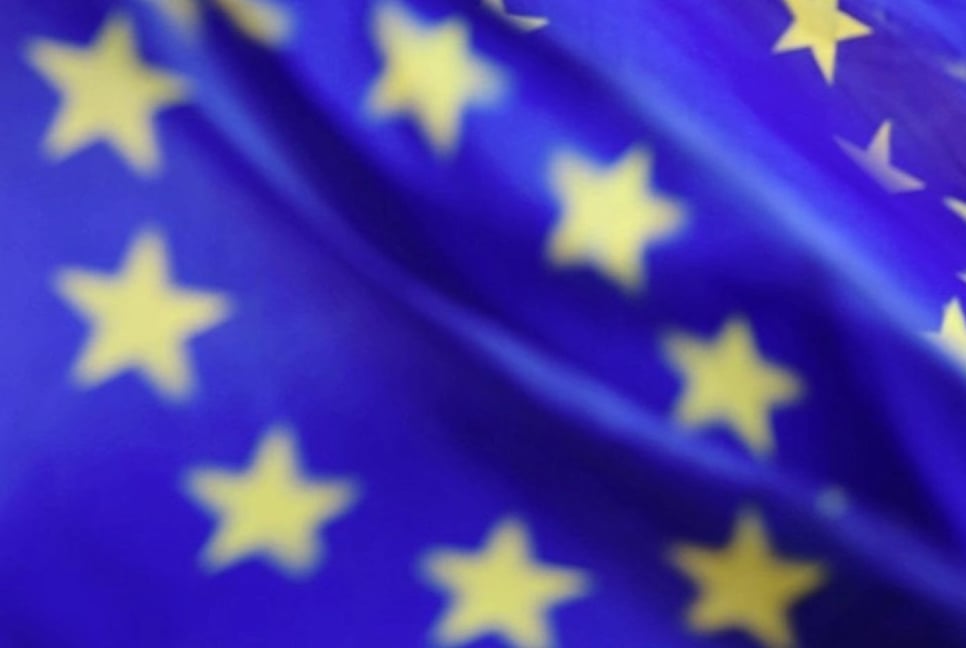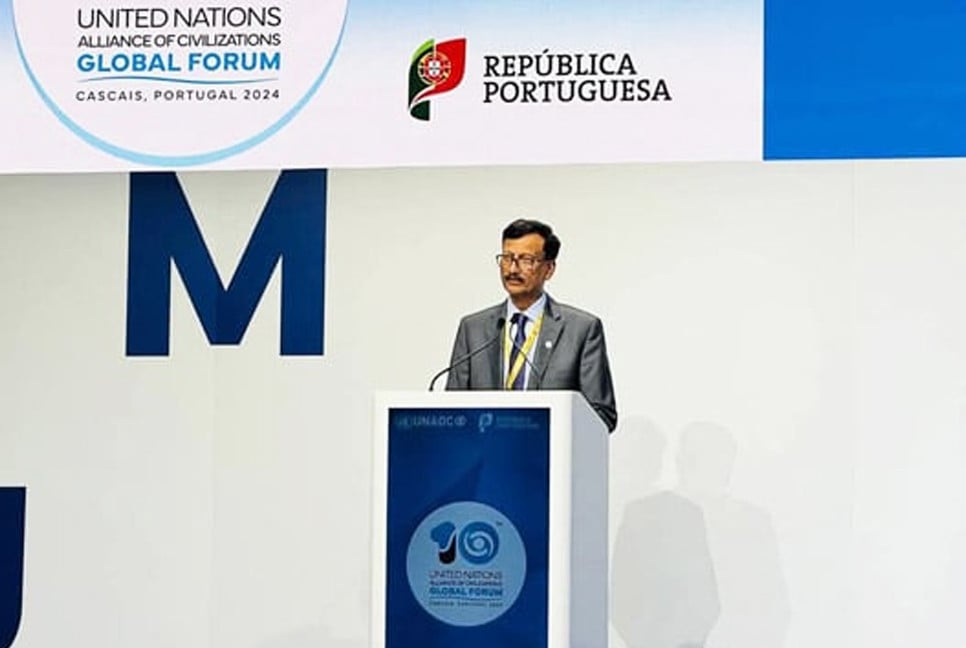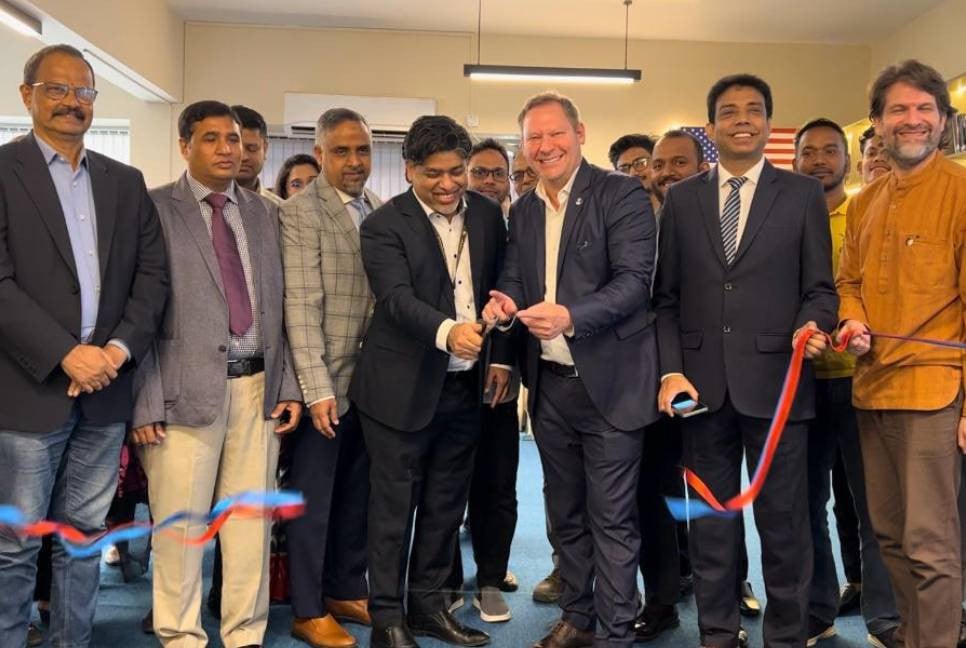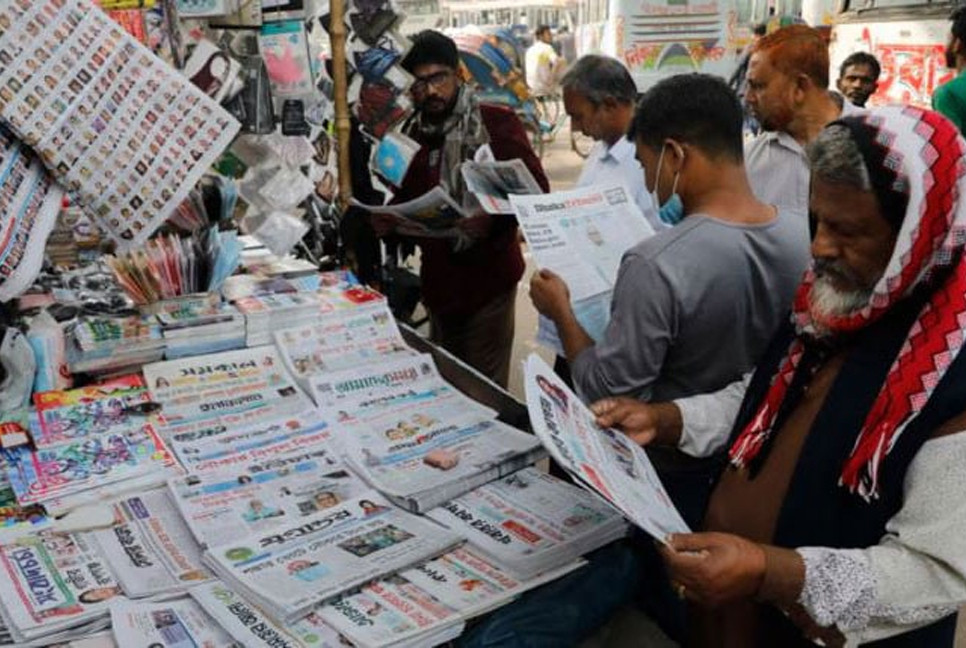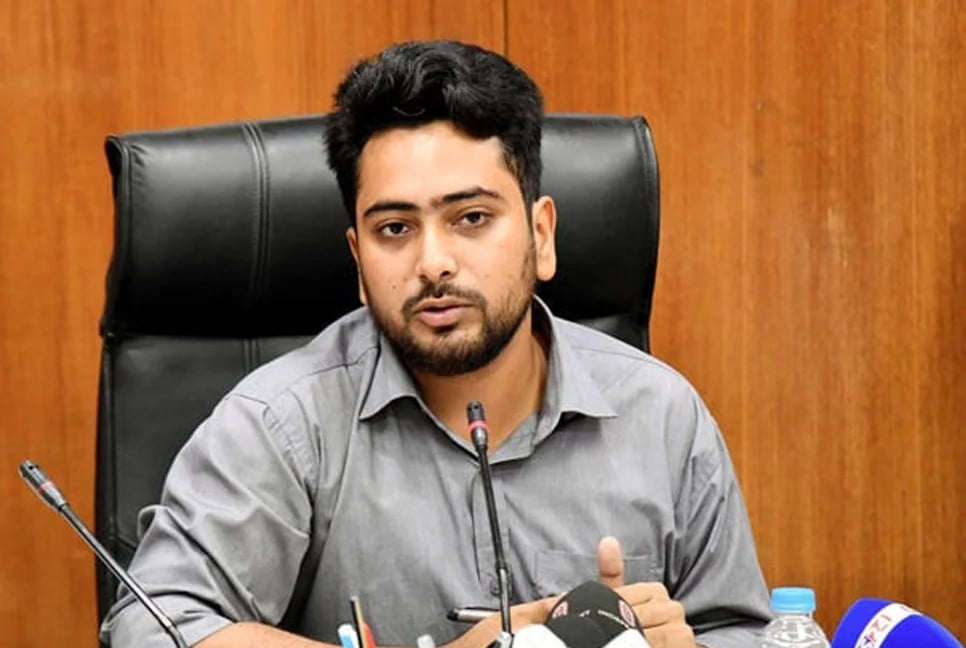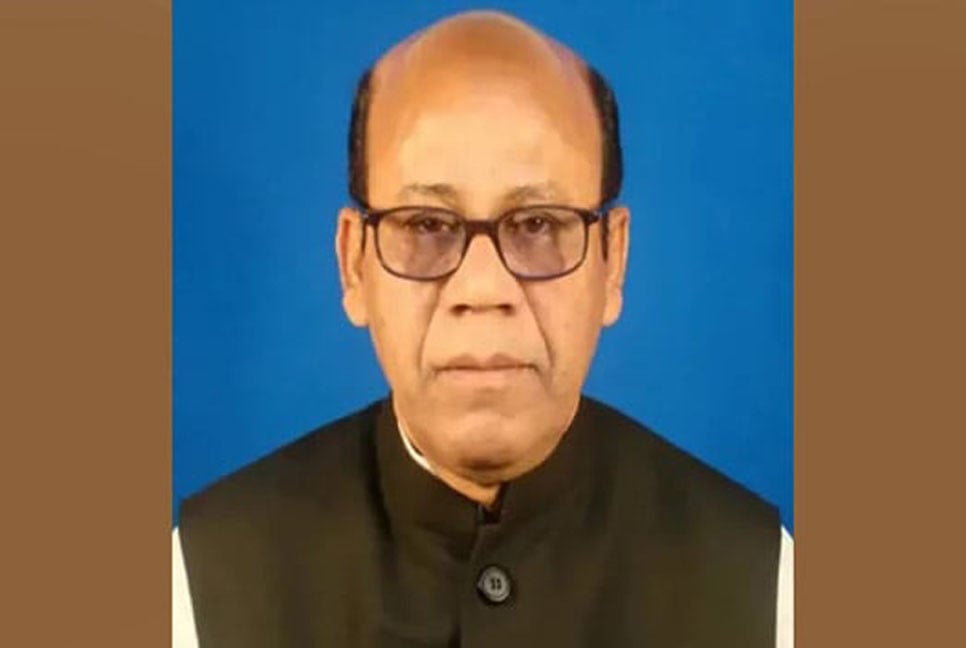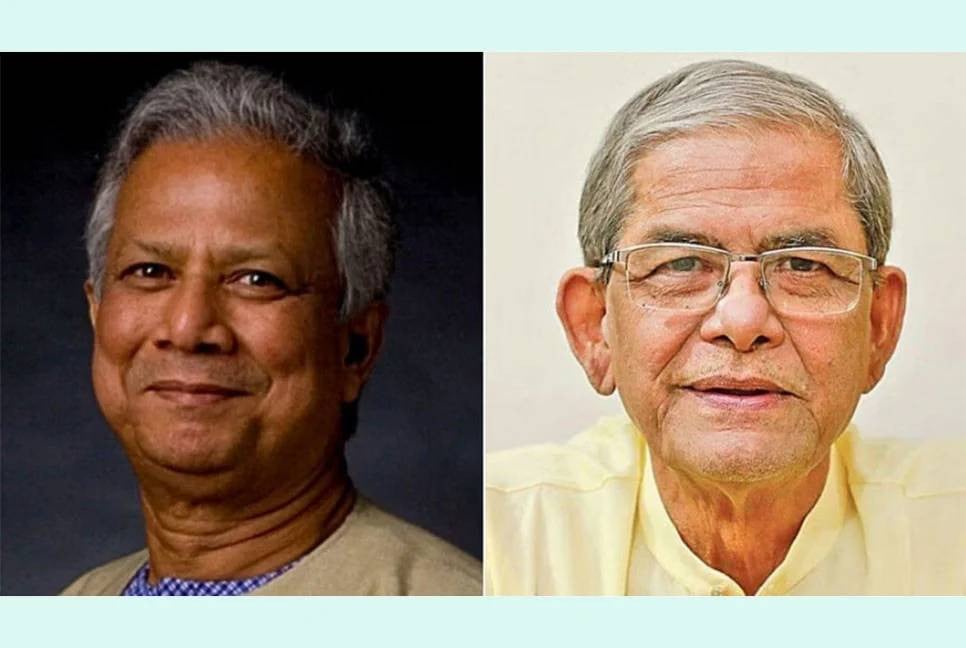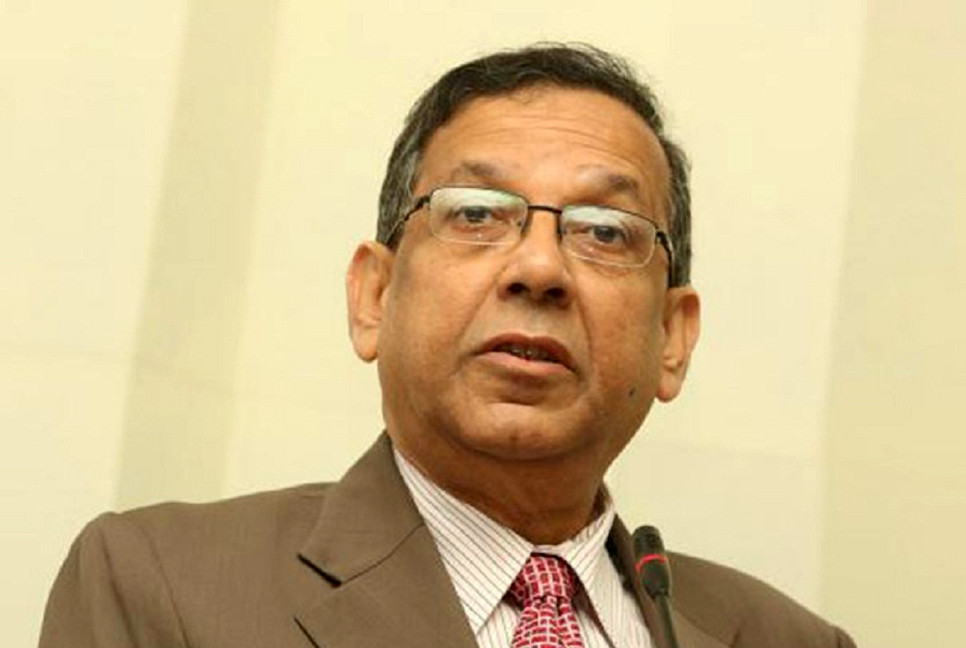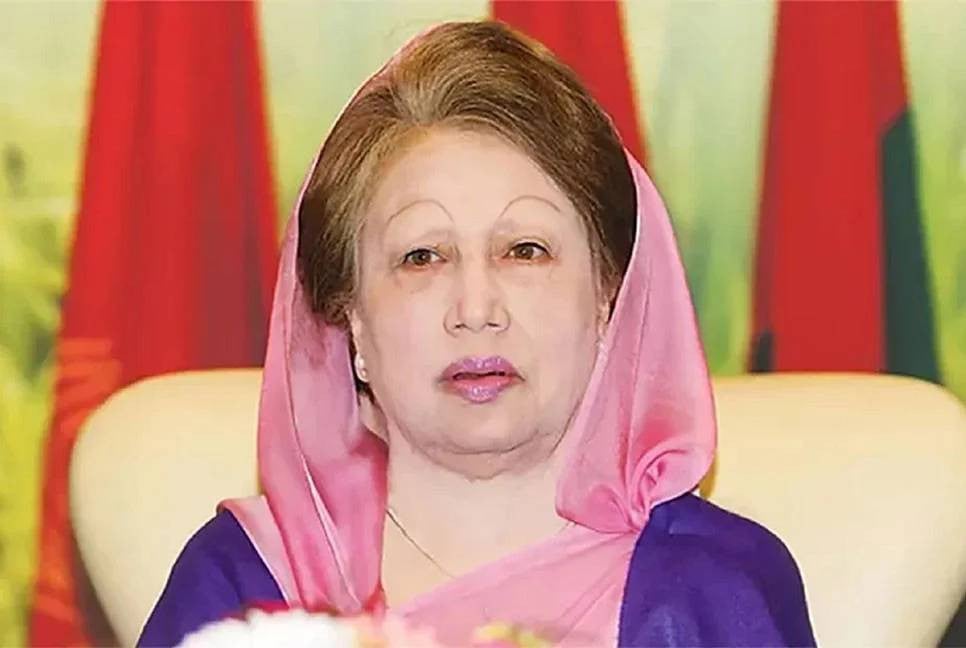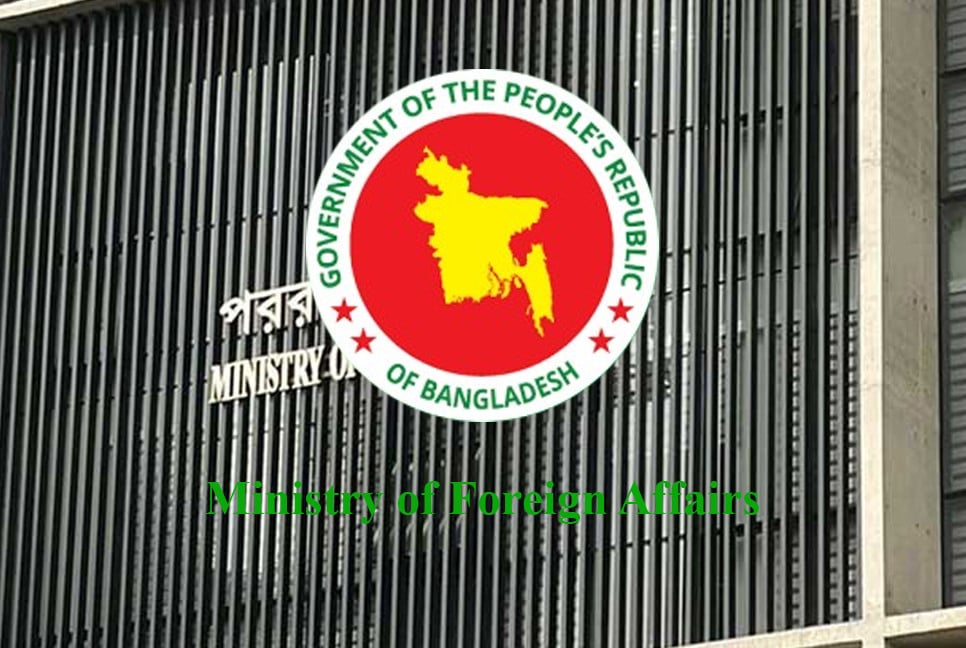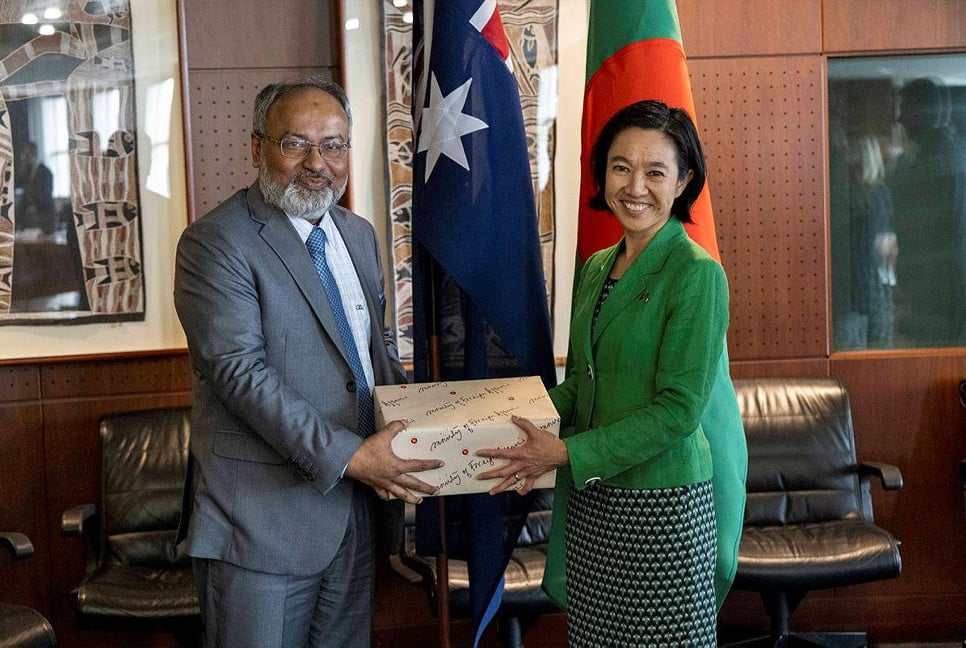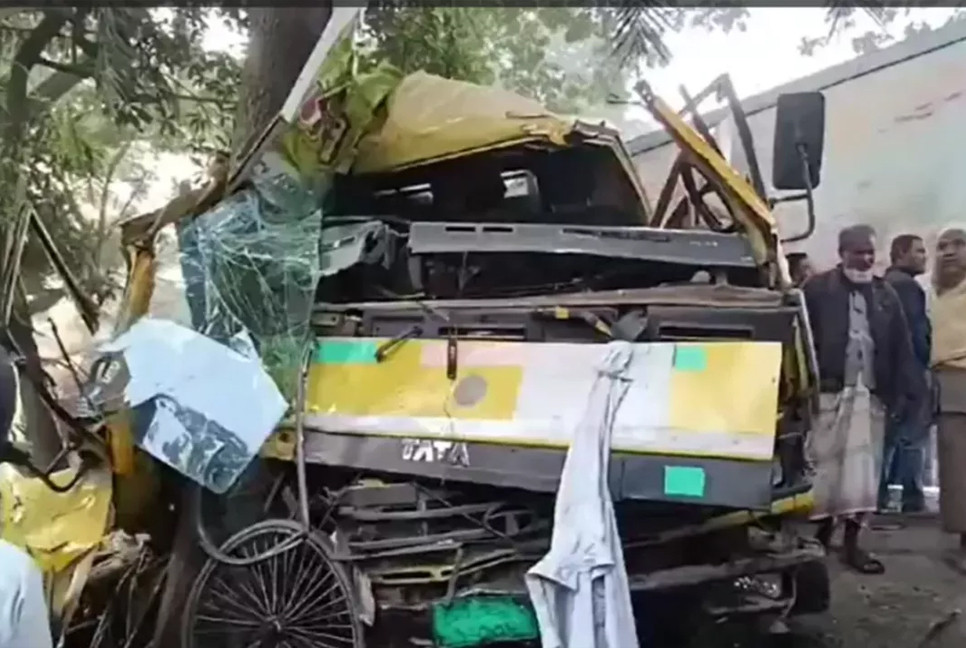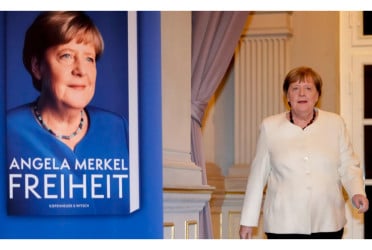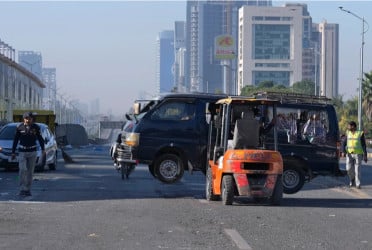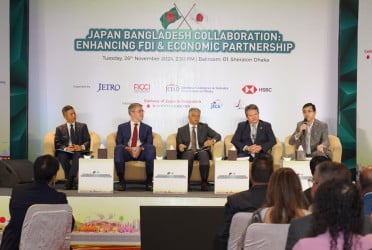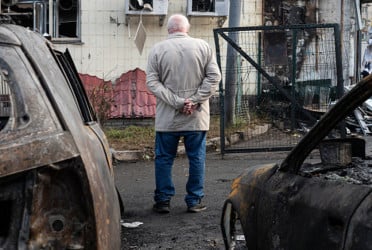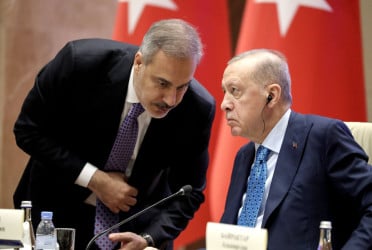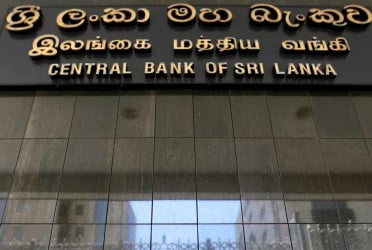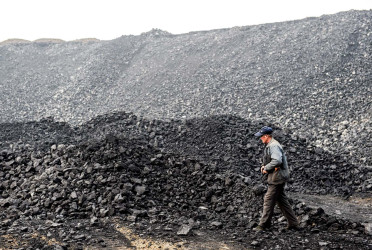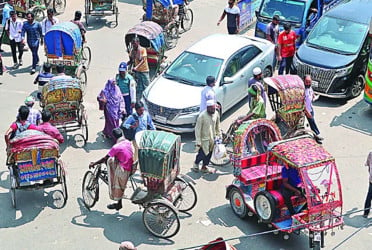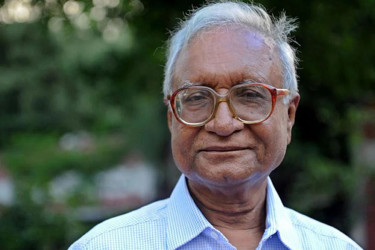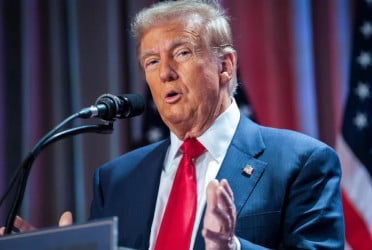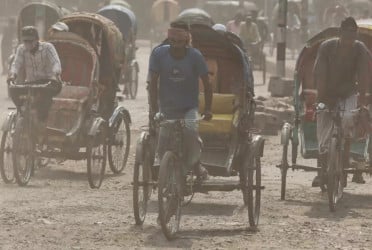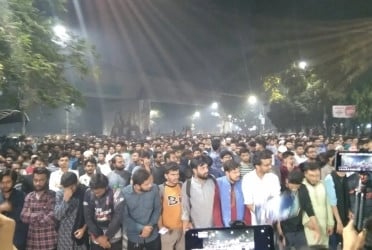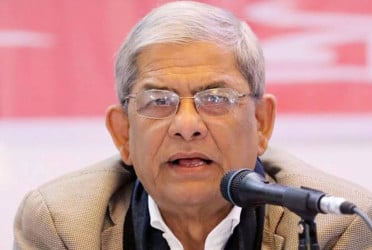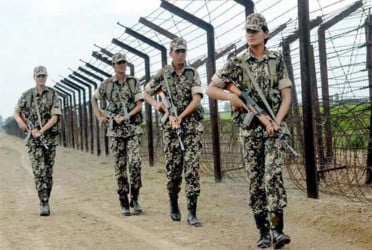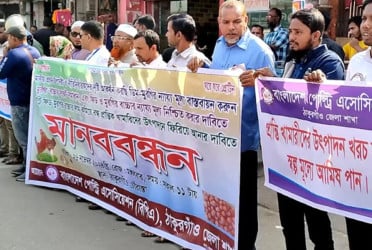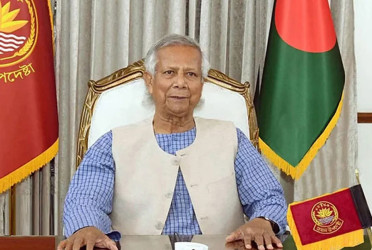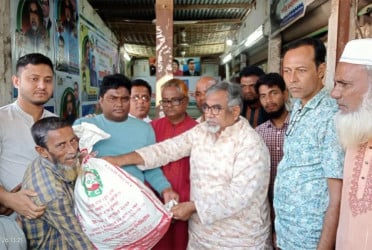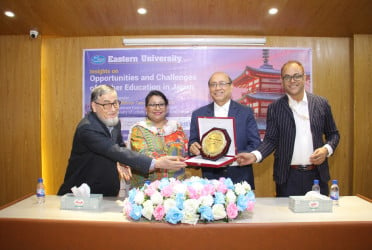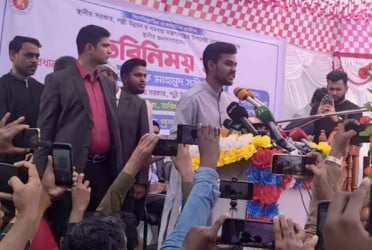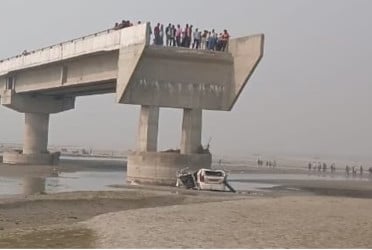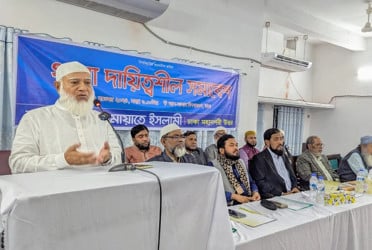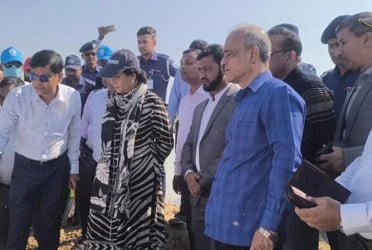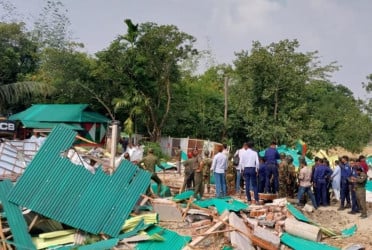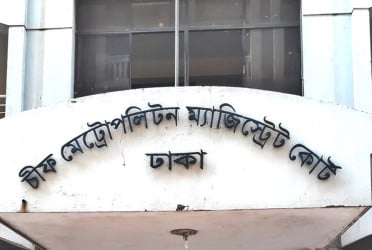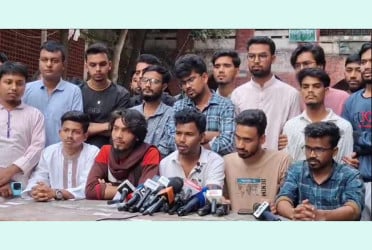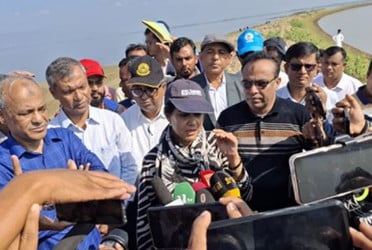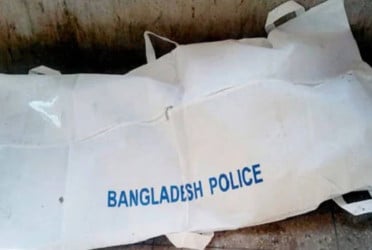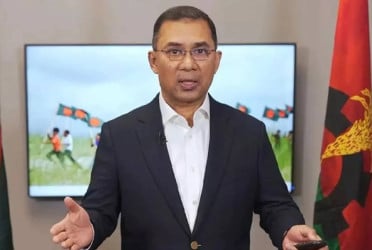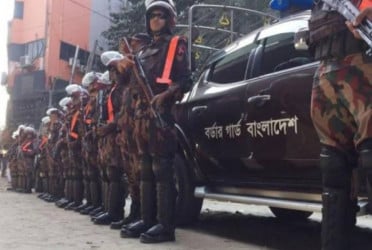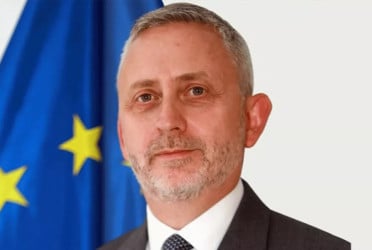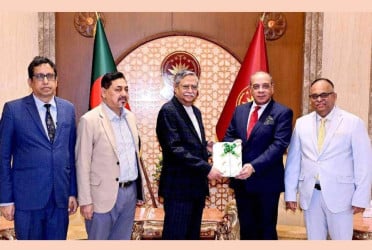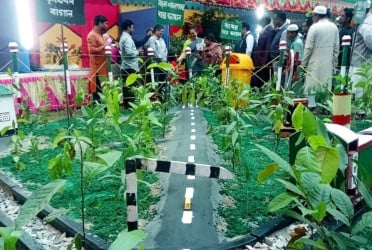Stakeholders from Bangladesh, India, Bhutan, Sri Lanka and Nepal have expressed similar concerns regarding the environmental degradation caused by agriculture and farming as well issues of food security, healthy nutrition and food waste reduction, reports UNB.
All agreed that holistic and long term actions must be put in place.
The talks between the European Union (EU) and five countries in South Asian region were held at the Sheraton New Delhi recently and online, as part of EU-funded workshop series supporting the ‘Farm to Fork’ (F2F) Strategy put in place by the EU in the context of the wider ‘Green Deal’.
The COVID-19 pandemic, the Ukraine crisis and ongoing extreme weather conditions caused by climate change, have disrupted global food supply chains and communities around the world, causing a risk of food insecurity and food related health threats such as hunger or obesity.
In addition, current food production, transport and processing methods are one of the largest contributors to global warming with 21-37 per cent of greenhouse gas emissions attributed to food chains.
Opening the workshop, Claire Bury, Deputy Director General for Directorate-General for Food Sustainability, EU Commission said “In Europe, our citizens continue to express their concerns about the climate and biodiversity loss."
"Their recommendations support the sustainability policies we are developing, and the cooperative work we want to develop with the South Asian countries set out the way forward”.
Dr Koen Van Dyck emphasized that “we have to work together, exchange information and build alliances: the need for global action is clear.”
Rightfully, “we must not leave this to future generations: Food systems are a complex concept and a much bigger challenge than the green revolution in the 1950s & 60s” urged Dr Shahidur Rashid -Director for South Asia at IFPRI in India.
This workshop allowed dialogues between the EU and four neighbouring countries of India (Bhutan, Sri Lanka, Nepal and Bangladesh) in order to exchange views regarding Soil health and organic production; sustainable use of pesticides and antimicrobials; and food loss and waste.
“Promoting the shift towards healthy, sustainable diets has to be done through collaboration. The food system is everyone’s business” said Atul Upadhyay, President of Food Scientists and Technologists Association, Nepal.
Bearing in mind that as part of the its Green Deal, the EU has proposed ambitious actions and commitments to transform its food systems (the Farm to Fork Strategy) into global standards for competitive sustainability, the protection of human and planetary health as well as the livelihoods of all actors in the food value chain, Cristina Laso Sanz -Deputy Head of Unit A5 (Bilateral International Relations) at EC DG SANTE- closed the workshop by reassuring that “we do not seek to impose the EU’s views and goals and the ways to achieve them; we want to build alliances. We are in this together.”
Bd-pratidin English/Tanvir Raihan

